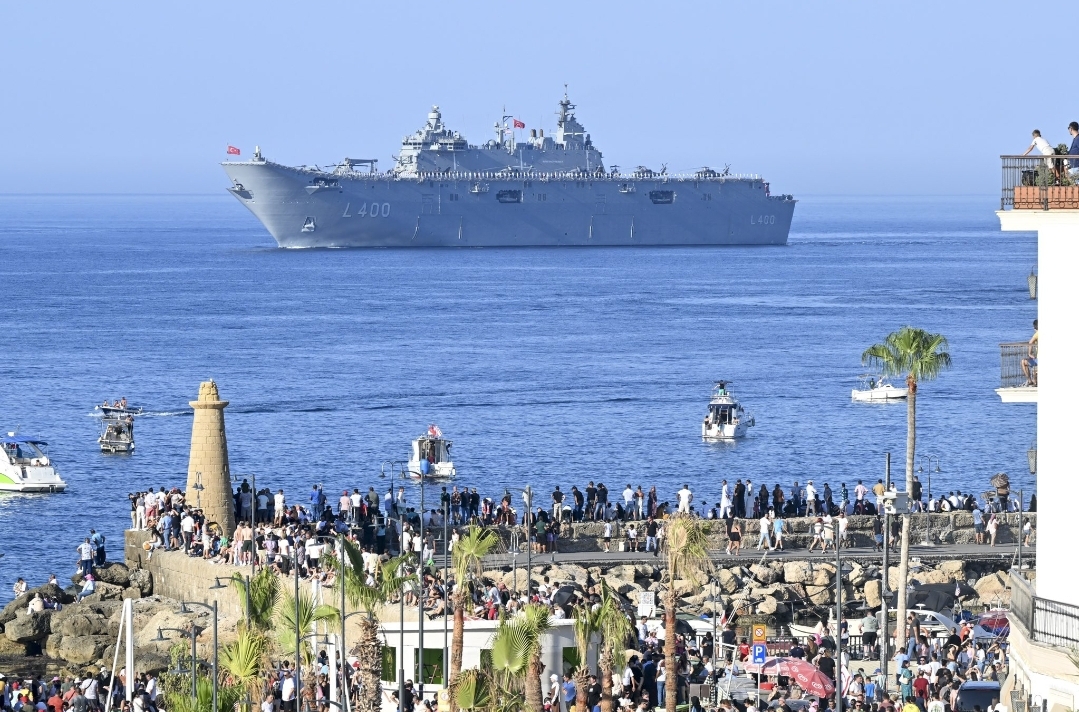
Half a century has passed since the 1974 Cyprus Peace Operation carried out by Türkiye to prevent the oppression and persecution suffered by the Turkish community in Cyprus and to establish peace and tranquility on the Island. The operation has been undertaken to end years-long religious and ethnic cleansing of Turkish existence on the island and in the face of a coup d'etat aimed at destroying Cyprus for achieving annexation of the island to Greece. How this military operation was carried out has been explained dozens of times. In our judgment, why this operation was carried out is as important as how it was carried out. In this regard, it would be helpful to briefly and concisely remember this aspect of the operation. We consider that this remembrance should go beyond heroism and enthusiastic war stories, especially in terms of conveying the historical facts objectively to the younger generations in a condensed manner.
Synopsis of the past
The Republic of Cyprus was established with the Zurich and London treaties signed in 1959 between Türkiye, Greece, the United Kingdom, and the Turkish and Greek Cypriots. Türkiye, Greece, and the United Kingdom became the guarantor states of the Republic of Cyprus as per the Treaty of Guarantee. In accordance with these treaties, the two peoples were given equal political rights and status in the Constitution of the Republic of Cyprus, established in 1960. Hence, the Republic of Cyprus was established as a partnership state.
Following the establishment of the partnership Republic, the Greek Cypriot side started to implement practices to remove the Turkish Cypriots from state institutions, terminate their presence on the island, and some of them tried to annex the Island to Greece in line with the policy of Enosis (Union). Armed with the aim of achieving Enosis, those Greeks, with the support of Greece, continued the oppression, cruelty, and embargo against the Turkish Cypriots between 1963 and 1974. In the end, the Greek Cypriots abolished the Constitution through the unilateral use of force, and the partnership Republic effectively ended in 1963.
After the Turkish Cypriots were removed from the administration of the partnership state, differences of opinion began among the Greeks. Over time, disagreements deepened between the Greek leader Makarios, who was concerned about Türkiye's intervention and wanted to destroy the Turkish Cypriots economically, and the members of the Greek terrorist organization EOKA[1]. Turks were forced to live in enclaves under embargo. EOKA members wanted faster results. In this context, EOKA leader Nikos Sampson at that time, with the support of the Greek junta in power, staged a coup against Makarios and seized power on July 15, 1974, with the aim of annexing the island to Greece.
After the coup, Türkiye prioritized diplomatic initiatives in the first stage in accordance with the 1960 Treaty of Guarantee. In this regard, negotiations were held in London between Türkiye and the United Kingdom on 17-18 July 1974 regarding possible initiatives after the coup. While Greece, as a guarantor country, was also invited to the talks, the junta administration in Athens did not participate.
In the meetings between Türkiye and the UK, a joint intervention proposal was made to the UK. Upon the negative response of the UK, Türkiye decided to start the Cyprus Peace Operation on July 20, 1974, using her guarantor right and taking into account the security of the Turks on the island. The operation began with the historic statement made to the world by the then Prime Minister of Türkiye, Bülent Ecevit. In his statement, Ecevit announced that Türkiye was not going to the island for war but to bring peace to the Turks and the Greeks.
What is the essence of this synopsis?
It is the Greek Cypriots who destroyed the partnership state established in Cyprus. Greek Cypriots could not accept that the partnership state reflected the will of two equal people. They considered the Turks, one of the equal peoples, as a minority, claiming that their numbers were less than theirs. They excluded the Turks from state bodies and, as mentioned above, forced them to live in besieged enclaves in their own country. They thought they could intimidate the Turks and force them to leave the island or turn them into second-class citizens in their own country. They assumed that they could seize the island with the support of Greece. For this purpose, they established paramilitary organizations with the support of Greece that resorted to terrorism. As the coup revealed, some tried to annex the island entirely to Greece.
Conversely, Turks in Cyprus proved more resilient than the Greek Cypriots expected. Turks resisted all pressures and attacks with faith. They did not give up. They managed to gain Türkiye's support. They founded their organizations and waged a political and military struggle patiently and persistently under exceedingly difficult conditions.
In this struggle, it was possible to say that the 1974 coup, which the Greek side attempted by succumbing to its never-ending historical Megali Idea (Great Idea) ambitions, changed the island's fate. Türkiye did not forgive this historical mistake and bravely decided to intervene militarily on completely justified legal grounds.
We can say that the Greek Cypriots were the victims of their ambitions. In this context, it would not be wrong to assert that they suffered the harm of caring too much about the power of the Western World, which they thought they would achieve through the historical influence of Greece in the West. It will not be surprising for them to learn over time how realistic it is to assume that they can get what they want through organizations such as the European Union.
This overly ambitious Megali Idea approach led to the great defeat during the Turkish War of Liberation, known in Greek history as the "Asia Minor Catastrophe." It is possible to say that the Megali Idea suffered another severe defeat in Cyprus. Following such serious defeats, lessons were inevitably learned. For instance, after the establishment of the Republic of Türkiye, through the efforts of both countries, a period of friendship, albeit not long-lived, was experienced between the two countries. Similarly, after the 1974 defeat in Cyprus, some Greek Cypriot leaders attempted to return to the 1960 order, the partnership state, which they had eliminated with their policies. It is possible to say that the comprehensive memoirs written by Rauf Denktaş and Glafkos Clerides regarding that period reveal that this effort stemmed from desperation at the time rather than regret.
Greek Cypriot Leader Glafkos Clerides visited Rauf Denktaş after the start of the Peace Operation and made an interesting suggestion
Rauf Denktaş and Glafkos Clerides are prominent leaders of the Turkish and Greek Cypriot communities, with whom they also have a personal friendship. Detailed information about the 1974 Peace Operation is included in the published memoirs of both leaders. Rauf Denktaş's memoirs were published in Turkish in 10 volumes. Glafkos Clerides' "Cyprus: My Deposition" memoirs consist of four volumes. Information about the Peace Operation is included in the ninth volume of Rauf Denktaş's memoirs and the fourth volume of Clerides's memoirs.
Clerides served as the president of the House of Representatives on the Greek Cypriot side during the peace operation. Clerides states in his memoirs that, immediately after the Sampson coup, the US Ambassador Roger Davies (the aforementioned ambassador was shot dead by a Greek protester in front of the US Embassy on August 19, 1974, during the anti-American demonstrations of the Greeks) visited him and told him that Sampson should resign immediately, saying that if he did not resign, Türkiye would intervene militarily. Clerides further states that he immediately called the Foreign Minister appointed by Sampson, Demis Demetriou, and conveyed what the US Ambassador had said. Clerides later learned that Demetriou had passed this information on to the junta in Athens but that the junta had replied that there was no need to worry about military intervention. Clerides states that Demetriou called him on the phone while he was under house arrest by the coup plotters on July 23, 1974 and that the UN circles in New York pressured the Permanent Mission of Greece to have Sampson, the leader of the coup, resign so that the ceasefire could continue and to return to the constitutional order. They wanted him (Clerides) to take over the Acting Presidency of the Republic in accordance with Article 36 of the Constitution following Sampson's resignation. Clerides stated that he accepted this offer on the condition that Sampson announced his resignation.[2]
Clerides, who took an oath before the Bishop of Paphos in violation of the Cyprus Constitution to become the Acting President, states that he first requested an appointment with Rauf Denktaş.[3] Clerides underlines that before meeting with Denktaş, he received Makarios' message "to inform Denktaş of their willingness to fully implement the Zurich and London Agreements.”[4] Clerides, who stated that he visited Denktaş with the UN Secretary-General Representative Weckmann-Munoz and the UN Peace Force Commander General Chand, narrated the meeting as follows:
“The residence was a colonial style house... I noted that the house was heavily guarded by troops. The Turkish soldiers glared at me with hostility. Denktash met us in his drawing room. I shook hands with him, he asked us to and offered us sit and offered us a drink. He did not assume either a cool or aloof posture. I explained to him the purpose of my mission. He heard me through, made no observation, and did not ask any clarification of my offer to implement fully the Zurich and Londan Agreements (bold part added by author). He simply stated that the issue was a matter for the Turkish Government to decide. I will, he said, ask for a helicopter to fly me to Ankara, and will bring me back the reply within 3-4 days.
I got up, shook hands with him, said good by and escorted by the U.N., I returned to the Greek sector of Nicosia. Four or five days later I received from Mr. Denktaş, through the Representative of the Secretary General, the reply that Turkish Government could not consider a return to the Zurich and London Agreements. The Turkish Government pointed out that for ten years the Greek Cypriots had refused to implement those agreements alleging that they were unworkable and wanted them abandoned or drastically changed. Further, Turkey alleged that because of Greek Cypriot attacks on the Turkish community it had been proved that the agreements did not offer adequate protection to the Turkish Cypriots.”[5]
Rauf Denktaş describes this meeting in much more detail and sincere way in his memoirs
"Clerides, came to visit me by appointment. He hugged me. We talked. He had never been sincere before this much. He said that ‘Let us prevent this disaster. Let us save Cyprus. I took over the administration. There is no Sampson anymore. There is no Makarios. We are here. If you want, let us return to the 1960 agreement.’ He was very emotional. A historic moment was being experienced. We sat down. I offered coffee. I spoke as follows: I started my speech by saying, let's determine firstly why we have come to this situation. Do you remember? One of our villages in Baf (Pahhos) drinks water from a stream. When we wanted to send a drilling machine, you refused. There are 103 villages without electricity in Cyprus. All of them are Turkish villages. We were expelled from 103 villages. We were removed from the budget. You left no competent authority to seek justice. You declared that Cyprus is Greek territory. You passed an Enosis decision in the Parliament. What will happen to all these things you have done to us for eleven years? All of this was done despite the 1960 Agreements and the Constitution. So, you mean let's go back to a baseline where you can repeat the same things and start the game over? Clerides said that ‘all this happened under Makarios's administration. Now we are here.’ I insisted and said that ‘You took over Nikos Sampson's ministers. You took an invalid oath in front of the priests. The Greek and Cypriot officers and soldiers who carried out the coup are circling around you. Can you change these?’ Clerides said, ‘I cannot do it right away. We have a security issue. Everyone has a gun. You do not know who is on whose side. We need time.’ Thus, he proved that the suggestion to return to 1960 was invalid and purely propaganda."[6]
Conclusion
Those who caused Türkiye to carry out the Cyprus Peace Operation were the Greek Cypriots who were pursuing the Megali Idea goal and the junta government that was in power in Greece at the time. The ambitions of these two, their pursuit of dreams that are impossible to come true and far beyond their strength, have left both the Greek Cypriots and Greece facing a defeat that they have been unable to forget for years. It is possible to say that this situation creates traumatic consequences. In this regard, the concept of "Enosis" in Turkish-Greek relations needs to be examined in detail. Because this concept has been poisoning Turkish-Greek relations for years, on this occasion, it is helpful to remember how Kyriacos C. Markides, a Greek Cypriot sociologist based in the US, explains the concept of Enosis. This explanation contains observations that could shed light on Turkish-Greek problems today, including those related to Cyprus. Markides' explanation is as follows:
“Enosis was a manifestation of a pan-Hellenic ideology that arose in 1453, the very year Constantinople fell to the Turks. The ’Great Idea’ was a dream shared by Greeks that someday the Byzantine empire would be restored, and all the Greek lands would once again be united into a Greater Greece. The ‘Great Idea” found expression in other parts of the Greek world, such as Crete and the Ionian Islands. One could argue that the ‘Great Idea’ had an internal logic, pressing for realization in every part of the Greek world which continued to be under foreign rule. Because the Greeks of Cyprus have considered themselves historically and culturally to be Greeks, the ‘Great Idea’ has had an intense appeal. Thus, when the church fathers called on the Cypriots to fight for union with Greece, it did not require much effort to heat up emotions. It was the interplay of cultural-ideological factors with the structural strains of colonialism that gave birth to Enosis as a social movement. Neither the ideological nor the structural factors alone were sufficient to account for its rise. Enosis was an indigenous movement to the extent that it embodied and symbolized the legacy of the Hellenic-Byzantine civilization. It called for the restoration of values dear to a people nurtured in the traditions of Byzantine Christianity... The ‘Great Idea’ and Enosis may be regarded also as revivalistic ideologies that functioned to unify the Hellenic world and to promote the process of nation building ... Enosis did not originate in the church but in the minds of intellectuals in their attempt to revive Greek-Byzantine civilization. However, being the most central and powerful of institutions, the church contributed immensely to its development. The church embraced the movement and for all practical purposes became its guiding nucleus... The church's firm grip over the movement, however, guaranteed the maintenance of the movement's traditional nationalist rhetoric.”[7]
*Image: Habertürk
[1] EOKA ((The Ethniki Organosis Kyprion Agoniston- National Organisation of Cypriot Fighters )was a Greek Cypriot ultra nationalist organization that fought a terrorist campaign for the end of British rule in Cyprus, and for eventual union with Greece
[2] Cleeides, Glafkos. 1912. Cyprus: My Deposition / Volum 4. Nicosia: Alithia Publishing, p. 25-26.
[3] Clerides, p.27.
[4] Clerides, p. 34.
[5] Clerides, p.35.
[6] Denktaş Rauf. Raur Denktaş’ın Anıları. 9. Cilt 1973-74, p. 376.
[7] Markides, Kyriacos C. 1977. The Rise and Fall of the Cyprus Republic. New Haven: Yale University Press, pp. 10-11.
© 2009-2025 Center for Eurasian Studies (AVİM) All Rights Reserved
No comments yet.
-
 2025 MUNICH SECURITY CONFERENCE AND THE NECESSITY OF CONSTRUCTIVE EURASIANISM
2025 MUNICH SECURITY CONFERENCE AND THE NECESSITY OF CONSTRUCTIVE EURASIANISM
Teoman Ertuğrul TULUN 28.02.2025 -
 50TH ANNIVERSARY OF THE CYPRUS PEACE OPERATION: WHAT PROPOSAL DID THE GREEK SIDE MAKE TO RAUF DENKTAŞ IMMEDIATELY AFTER THE OPERATION?
50TH ANNIVERSARY OF THE CYPRUS PEACE OPERATION: WHAT PROPOSAL DID THE GREEK SIDE MAKE TO RAUF DENKTAŞ IMMEDIATELY AFTER THE OPERATION?
Teoman Ertuğrul TULUN 25.07.2024 -
 FRANCE'S COLONIAL SINS IN AFRICA: IS FRANCE REALLY NOT AN ACCOMPLICE TO THE RWANDAN GENOCIDE?
FRANCE'S COLONIAL SINS IN AFRICA: IS FRANCE REALLY NOT AN ACCOMPLICE TO THE RWANDAN GENOCIDE?
Teoman Ertuğrul TULUN 28.06.2021 -
 TAIWAN ELECTION 2020: MORE AMBITIOUS TAIWANESE IDENTITY AND DEVELOPING CONSTRUCTIVE APPROACHES
TAIWAN ELECTION 2020: MORE AMBITIOUS TAIWANESE IDENTITY AND DEVELOPING CONSTRUCTIVE APPROACHES
Teoman Ertuğrul TULUN 10.02.2020 -
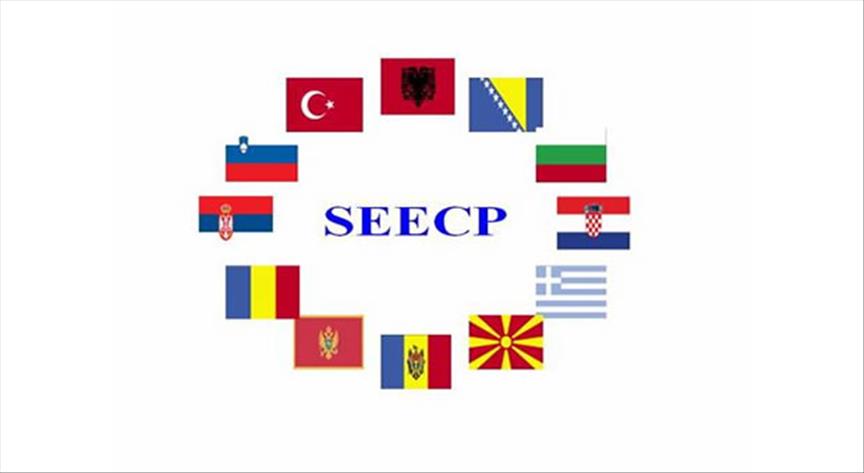 TURKEY HAS ASSUMED THE CHAIRMANSHIP-IN-OFFICE OF THE SOUTH EAST EUROPE COOPERATION PROCESS (SEECP)
TURKEY HAS ASSUMED THE CHAIRMANSHIP-IN-OFFICE OF THE SOUTH EAST EUROPE COOPERATION PROCESS (SEECP)
Teoman Ertuğrul TULUN 17.07.2020
-
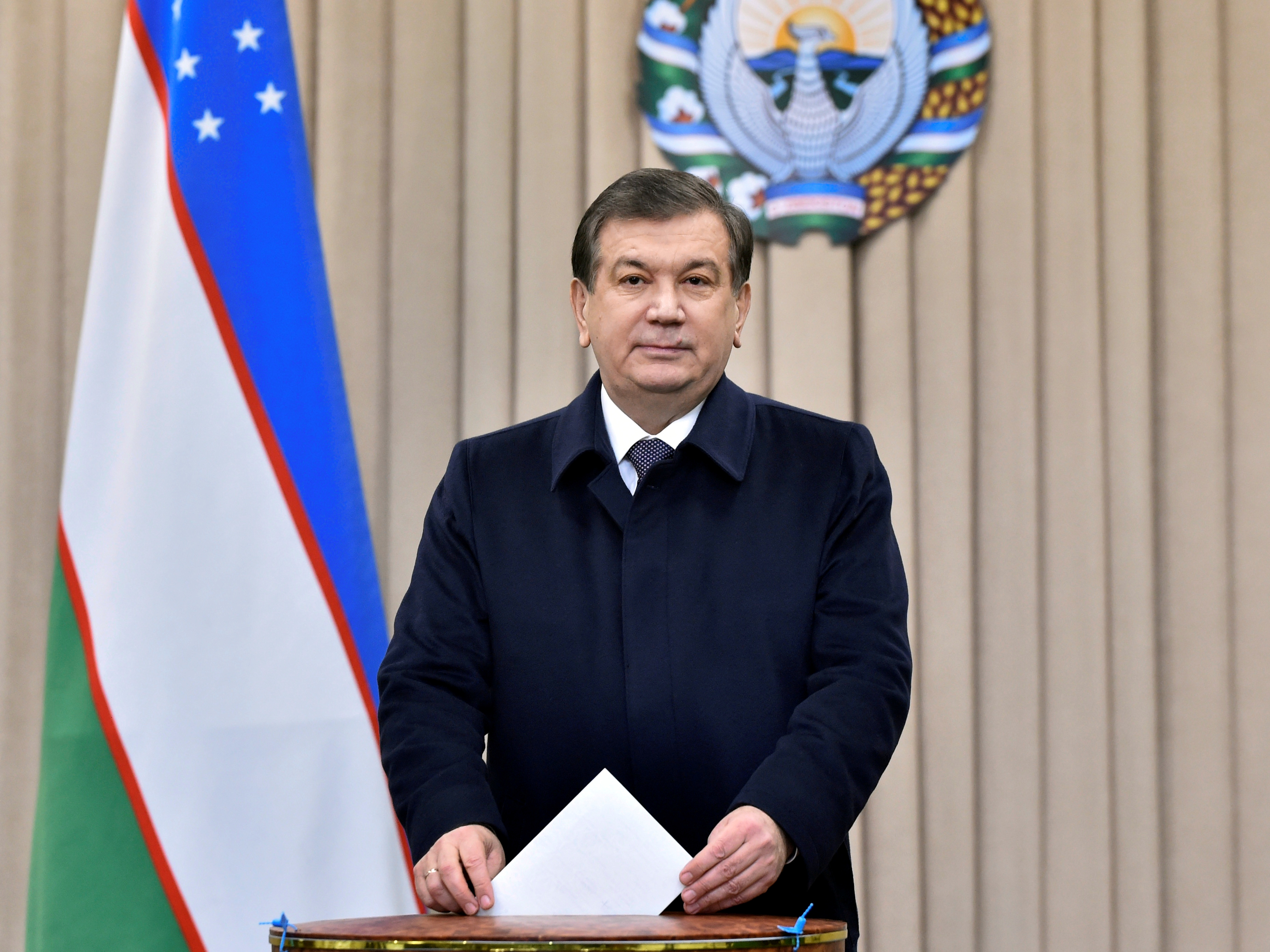 UZBEKISTAN’S REGIONAL POLICIES UNDER NEW PRESIDENT: A NEW ERA?
UZBEKISTAN’S REGIONAL POLICIES UNDER NEW PRESIDENT: A NEW ERA?
Özge Nur ÖĞÜTCÜ 18.08.2017 -
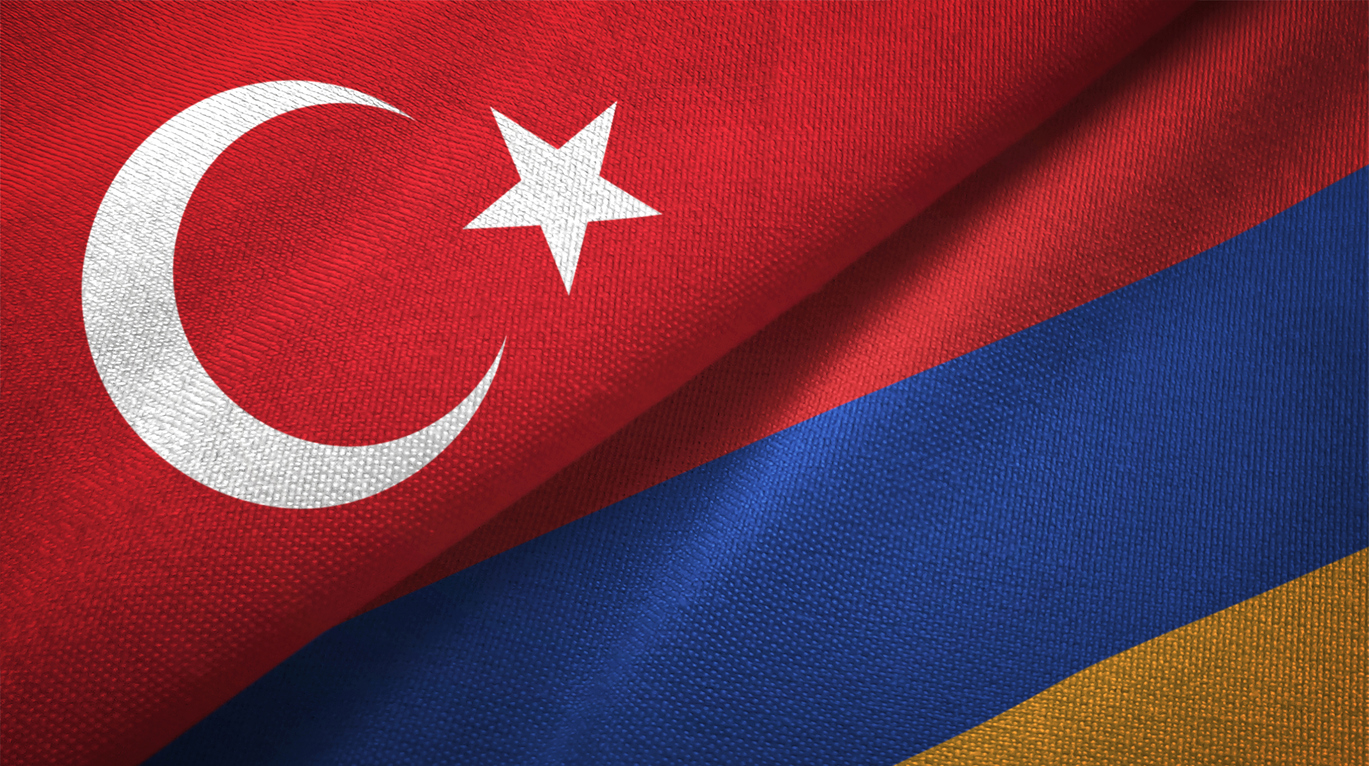 ATTEMPTS TO UNDERMINE THE NORMALIZATION PROCESS OF TÜRKİYE - ARMENIA RELATIONS
ATTEMPTS TO UNDERMINE THE NORMALIZATION PROCESS OF TÜRKİYE - ARMENIA RELATIONS
Hazel ÇAĞAN ELBİR 29.12.2022 -
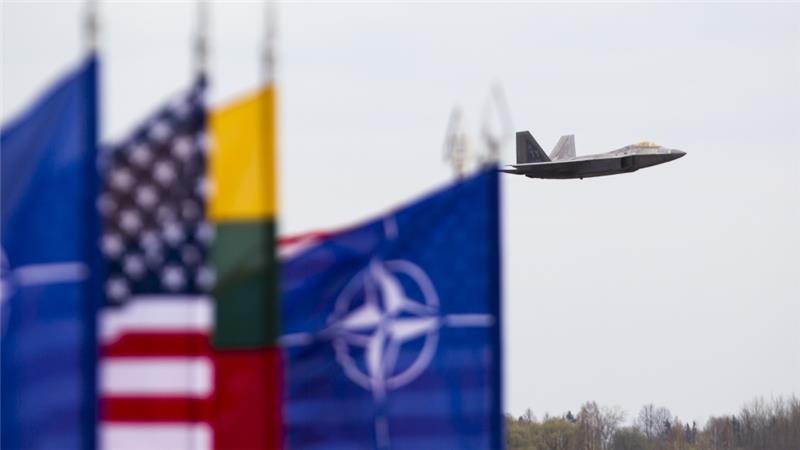 FRONT LINE AND POWDER KEG OF THE NEW COLD WAR: THE BALTIC SEA REGION, BALTIC COUNTRIES, AND KALININGRAD
FRONT LINE AND POWDER KEG OF THE NEW COLD WAR: THE BALTIC SEA REGION, BALTIC COUNTRIES, AND KALININGRAD
Teoman Ertuğrul TULUN 21.02.2017 -
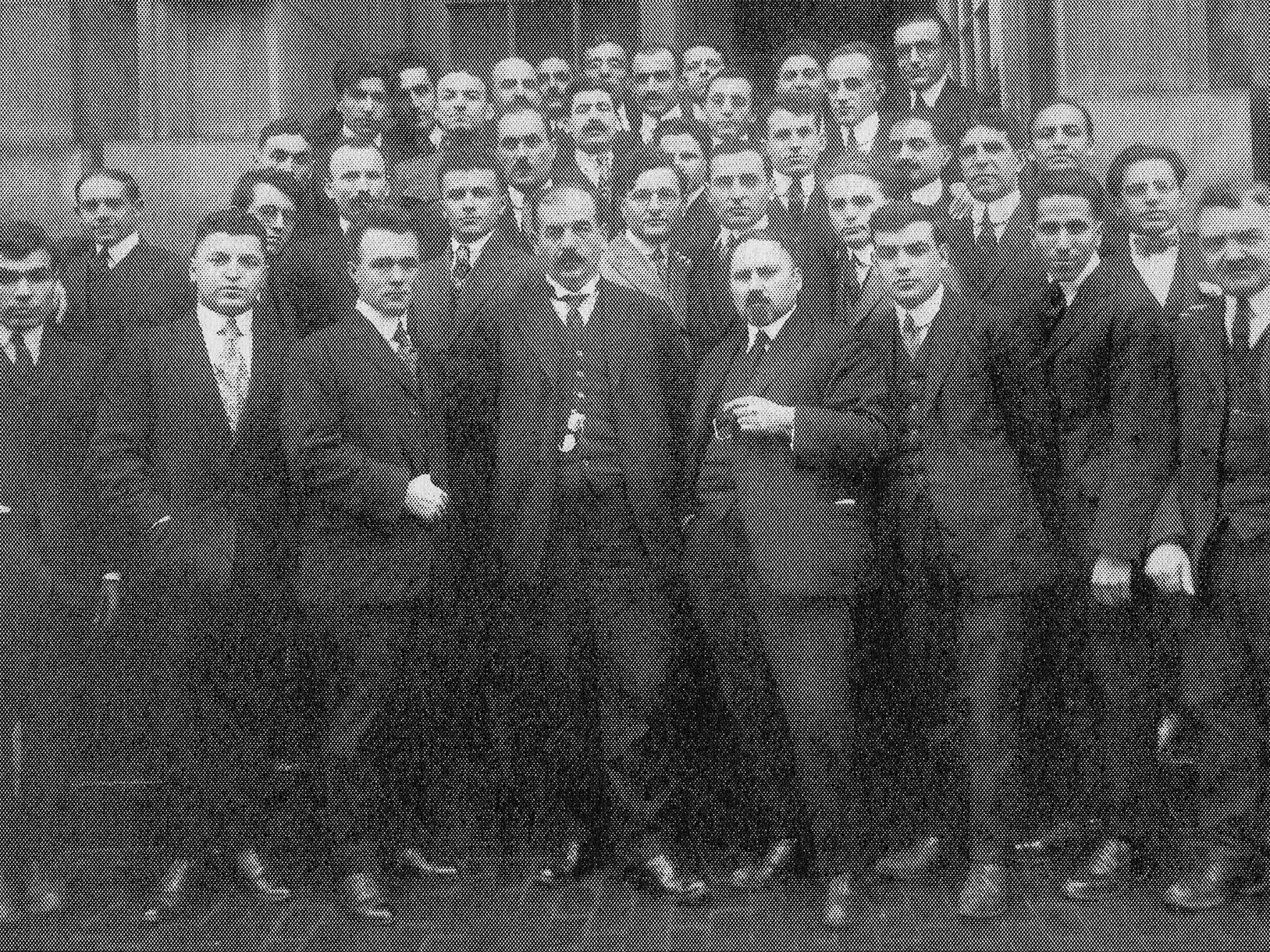 WHAT IS OPERATION NEMESIS?
WHAT IS OPERATION NEMESIS?
Hazel ÇAĞAN ELBİR 25.05.2023 -
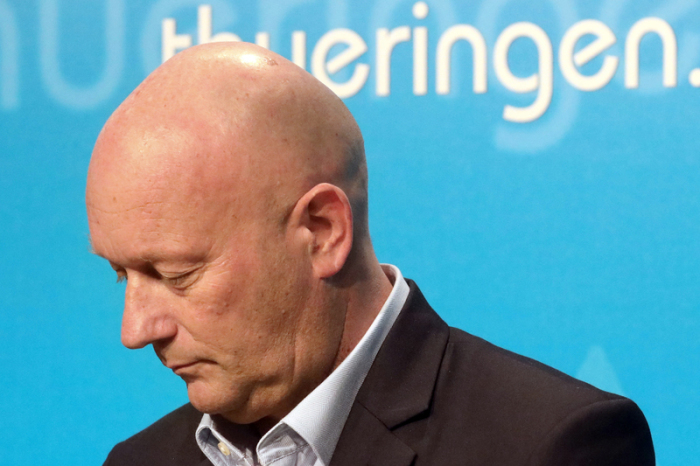 EXTREME RIGHT IS GAINING STRENGTH IN GERMANY
EXTREME RIGHT IS GAINING STRENGTH IN GERMANY
Hazel ÇAĞAN ELBİR 21.02.2020
-
25.01.2016
THE ARMENIAN QUESTION - BASIC KNOWLEDGE AND DOCUMENTATION -
12.06.2024
THE TRUTH WILL OUT -
27.03.2023
RADİKAL ERMENİ UNSURLARCA GERÇEKLEŞTİRİLEN MEZALİMLER VE VANDALİZM -
17.03.2023
PATRIOTISM PERVERTED -
23.02.2023
MEN ARE LIKE THAT -
03.02.2023
BAKÜ-TİFLİS-CEYHAN BORU HATTININ YAŞANAN TARİHİ -
16.12.2022
INTERNATIONAL SCHOLARS ON THE EVENTS OF 1915 -
07.12.2022
FAKE PHOTOS AND THE ARMENIAN PROPAGANDA -
07.12.2022
ERMENİ PROPAGANDASI VE SAHTE RESİMLER -
01.01.2022
A Letter From Japan - Strategically Mum: The Silence of the Armenians -
01.01.2022
Japonya'dan Bir Mektup - Stratejik Suskunluk: Ermenilerin Sessizliği -
03.06.2020
Anastas Mikoyan: Confessions of an Armenian Bolshevik -
08.04.2020
Sovyet Sonrası Ukrayna’da Devlet, Toplum ve Siyaset - Değişen Dinamikler, Dönüşen Kimlikler -
12.06.2018
Ermeni Sorunuyla İlgili İngiliz Belgeleri (1912-1923) - British Documents on Armenian Question (1912-1923) -
02.12.2016
Turkish-Russian Academics: A Historical Study on the Caucasus -
01.07.2016
Gürcistan'daki Müslüman Topluluklar: Azınlık Hakları, Kimlik, Siyaset -
10.03.2016
Armenian Diaspora: Diaspora, State and the Imagination of the Republic of Armenia -
24.01.2016
ERMENİ SORUNU - TEMEL BİLGİ VE BELGELER (2. BASKI)
-
AVİM Conference Hall 24.01.2023
CONFERENCE TITLED “HUNGARY’S PERSPECTIVES ON THE TURKIC WORLD"









